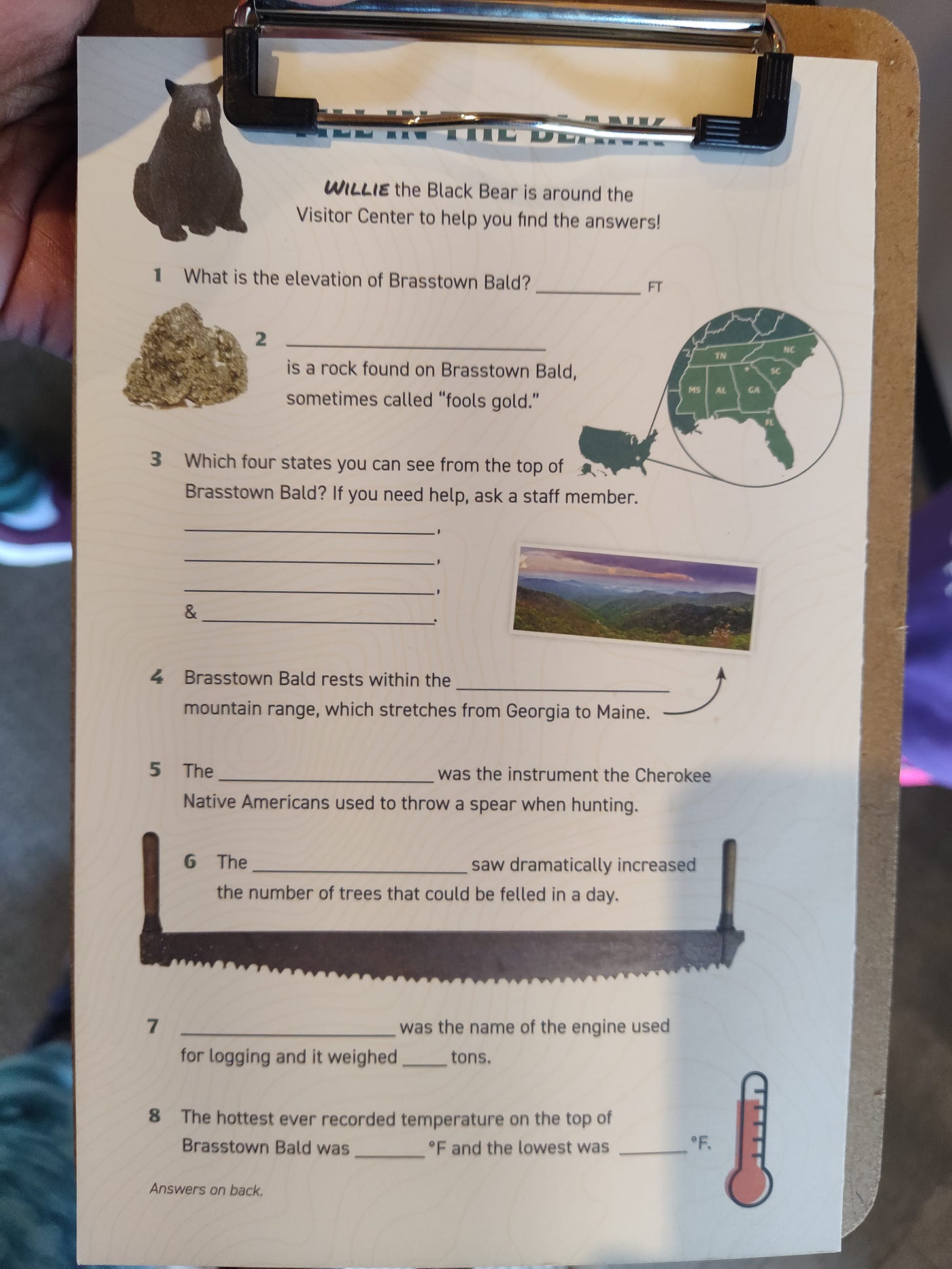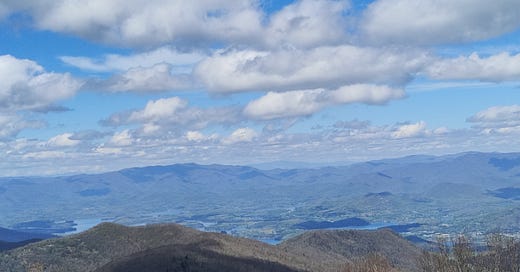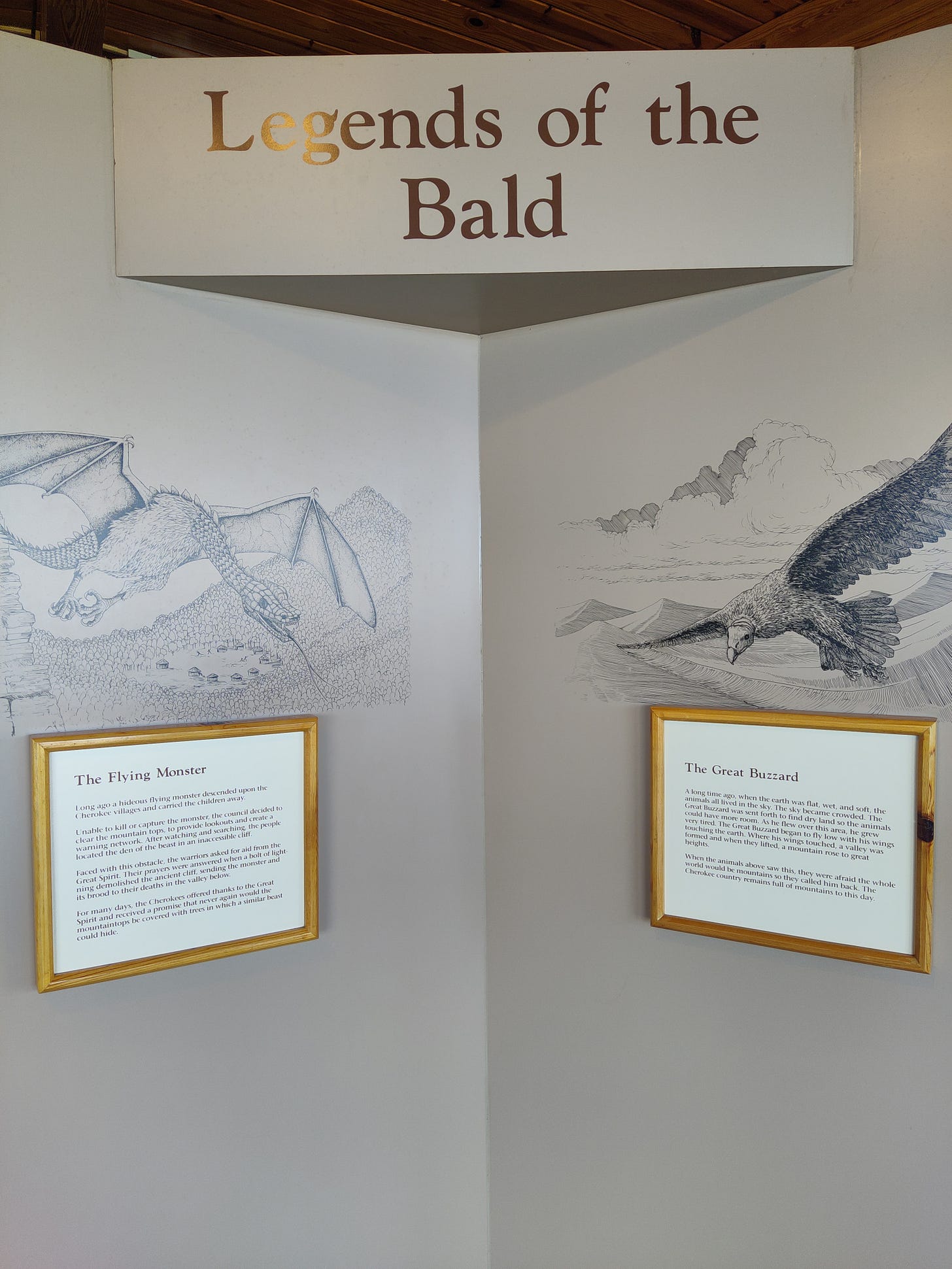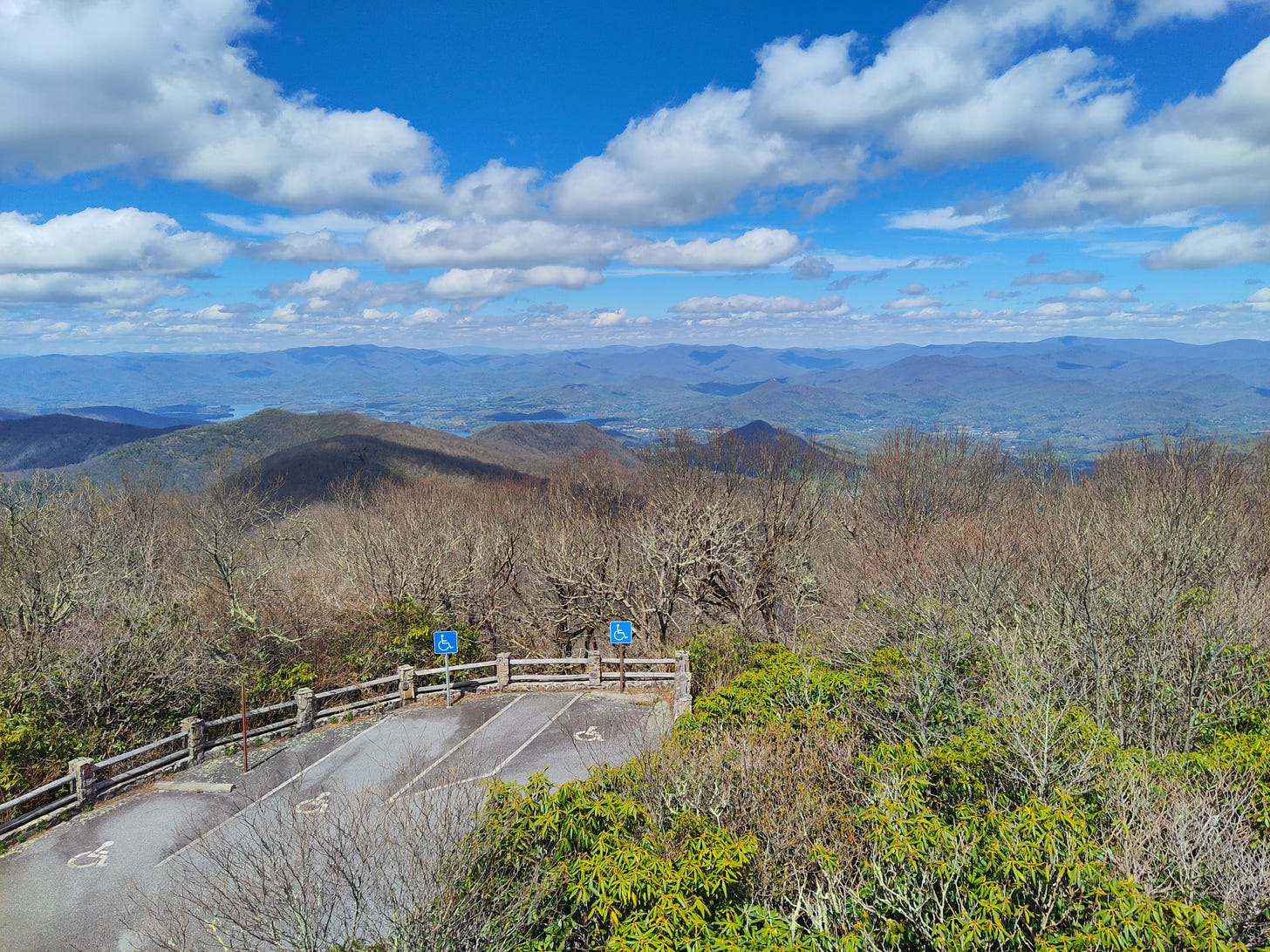Lately, I’ve been struck with just how hollow secular society is. Its emptiness is overwhelming, I simply try and stay away from it. I started reading Hamlet’s Mill, and I am impressed by how the ancients built structures that held the secrets of the cosmos within their being. Ancient structures like pyramids were used to align with the heavens as an act of reverence. Even if driven by paganism. at least there was an admiration of nature and its building blocks there, something foundational that actually meant something.
Secular humanism (or now “wokeism”) is lacking even a base acknowledgment of that. It’s become all about power and how it can be wielded over everything, individuals, governments, institutions, science, medicine, etc. Beauty is subjective now. The definitions of words are constantly changing. Identity, purpose, destiny, and meaning have all been eaten up by the black hole of “subjective reality” and its simulacra. “men” and “women” are just a couple of words whose meanings have changed over the course of my life—many other words like “inflation” and “marriage” have also changed. The last bastion not yet shaken is the realm of mathematics. Yes, schools are continually lowering standards, particularly in math classes, but no momentum has yet been built in claiming that 4 can be 5 or 5 can be 7 or 7 can be 2, but soon—I’m certain—the barbarians will come to ransack the meanings in numbers as well. While that has not yet happened, they still remain a safe haven, a haven that our world is retreating into quickly.
We are a society ruled by numbers, analytics, metrics, and the like. The iron fist of charts and tables bears down upon us, and we must seek out a way to survive under their tyranny. Empiricism and its beloved friend, science, are hellbent on destroying the harmony of the beauty of reality, of the mythology of history. I couldn’t help but notice this as I climbed GA’s highest peak, Brasstown Bald. When we reached the top, we were greeted by a small theater, a small museum, and a round observation deck. You can see 4 states from the top: GA, SC, TN, and NC. It’s a lovely view but cluttered. It’s cluttered by all the facts that you can learn about the view. As I observed the museum pieces, I couldn’t help but notice numbers, not beauty, dominated the modern-day interpretation of the meaning of the mountain. I have some images below that get to the heart of this issue.

I kept wondering, as I walked around the museum, what the meaning of the mountain was. Somehow, every image and display and exhibit could not convey the meaning of the mountain. Why? Why does the mountain matter? They had a bunch of facts about it, but nothing that could tell me why it mattered that such a mountain existed. The closest they got were 2 myths from the Cherokee Indians who once occupied the area.
And, perhaps if we had a Cherokee nation member there, they could have told us more. Perhaps, he could have told us the meaning of the mountain, its history according to the Cherokee who had lived there for generations and undoubtedly discovered that it was one of the tallest peaks around. Perfect place to commune with the spirits. High places were built for a reason. Even in the Bible, we know that altars are placed in high places to commune with God (or “gods” depending on who you were worshiping); thus, I know for a fact that rituals were held on top of that mountain for generations by the First Nations people nearby, but that history was lost now. All we have left are a bunch of facts about the mountain.
Obviously, I wouldn’t be in support of the pagan nonsense that went on there, but at least that is connected to a people, a history, a culture. It’s almost like things can’t be things anymore. Transcendent meaning isn’t allowed. The most useless piece of information that was given and repeated over and over was that the height of the mountain was 4,784 ft. high. Perhaps I’m not quite getting to my point, but I couldn’t help but notice that in the mess of facts about the mountain, the mountain disappeared. It became a number. It’s height. Pictures of its seasons and average temperatures. A list of its flora and fauna. So much information about it that you could honestly leave there thinking that you knew everything that could be known about it. But in reality, you know nothing.
It helped me understand what’s been done to history in our classrooms much better. History is this ever-evolving story of what and who has been. It’s this great mythological reconstruction that allows us to derive meaning from the pathways previously walked by our ancestors, good and evil. History is not subjective, but it must be interpreted, and myth interprets history best. Myth is the meaning behind the history, not the history itself. Myth is the distilled metanarrative that reigns above the fact-by-fact rendition of the story. In America, we have this grand narrative of our founding fathers, the underdogs, waging war against the greatest Empire the world had seen up until that point, and they won. That’s what happened. The mythology is its meaning.
For us, that meant liberty from being without representation. It meant being a nation that was birthed out of impossible odds. It meant a nation that birthed a strange new form of government that all the world was betting against. It weaves itself into this grand metanarrative that is the basis of what an American should believe about themselves. It’s not perfectly true. In our stories, our founding fathers are slightly deified in an ungodly manner. They arise above the stature of simple men to the height of Greater, larger-than-life Men. They become a myth that is meaningful to the common American. Our stories within the states begin with the mythology of our founding. It’s a myth because it’s an abstraction and flattering overview of what happened. Not a moment-by-moment list of events. The story of what happened is far more compelling than the list of facts about it. It’s not, say, the British Empire’s perspective of that time. It’s not Tory loyalists’ perspectives on it. It is only the perspective of the side that won and an exaggerated story of the principles that it relied on to win.
That’s not a bad thing. After all, everyone loves a good story that needs to be analyzed and pulled apart to truly understand. Myth is like a many-layered reinterpretation of a set of events. It’s a story that emphasizes the best moments and the values therein while it pushes down the worst moments. It’s difficult to put into words why myth is important except to say that our minds are made to love and understand myth, but we have no patience for facts. I suppose this is best understood by looking at the war in Ukraine.
On a radio show in an inner-city neighborhood, Kamala Harris explained the war in Ukraine using basic facts skewed towards the perspective of USG, “So, Ukraine is a country in Europe. It exists next to another country called Russia. Russia is a bigger country. Russia is a powerful country. Russia decided to invade a smaller country called Ukraine. So, basically, that’s wrong, and it goes against everything that we stand for.” It would be funny if not compared to Putin’s explanation of the invasion which was much more sophisticated.
To say that one country is lying and the other one isn’t is not to understand history. These two are both giving explanations of their internal myth as to why they are doing what they are doing. Perhaps you think differently, but we know that the myth that wins is the myth that conquers the battlefield. Unraveling these myths helps one to unravel the mystery of the event called the invasion of Ukraine by Russia in 2022. Peeling back the layers is what gives us insight into the true metanarrative hidden underneath. Not sure if I explained it well, but I hope you’re close to getting what I mean.
Being on that mountain made me feel like there was still a great mystery to be unearthed about it and about the lovely state, my home state, Georgia. What is the secret history of the state of Georgia? Why is it that God had me born in the state of GA (my two older sisters were born up north in Chicago)? What is the interwoven history of me, my family, the state of Georgia, and this lovely mountain?
Before places were tourist destinations or weekend hikes, they were places of myth and history. They were places that were significant to you or your family’s story. Places once had meaning. Now, they just have facts, empiricism, and related science.







Great post